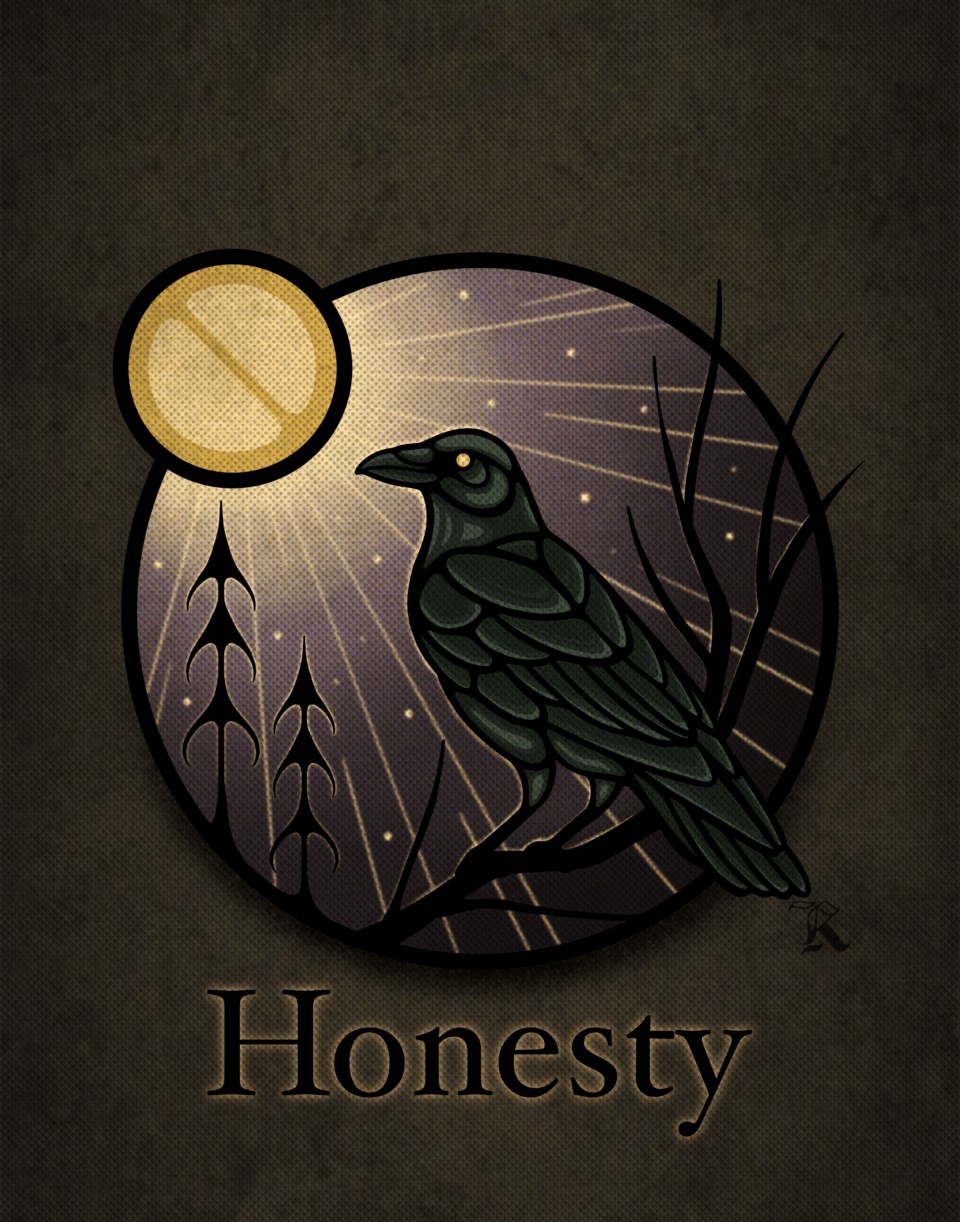Gladue refers to a right that Aboriginal People have under section 718.2 (e) of the Criminal Code.
Indigenous people are disproportionately represented in the federal correctional system, accounting for 32 per cent of all individuals in custody.
The percentage stems from systemic issues that Indigenous people face, such as being racially profiled.
Indigenous people face trauma for the simple fact of being Indigenous. The residential school system continues to pass down intergenerational trauma.
Gladue comes from a decision made in 1999 by the Supreme Court of Canada that said judges must take into account the unique circumstances of an Indigenous person when sentencing, especially if they are facing prison time.
In 1995, Jamie Gladue, a Cree woman, was charged with second-degree murder and sentenced to three years in prison.
The Supreme Court of Canada considered the interpretation of 718.2(e), and in 1999 directed the courts to consider restorative justice practice in lieu of incarceration.
The process is mainly done through Gladue reports which tell an Indigenous person’s story and provide recommendations for healing to help determine an appropriate sentence.
Gladue Reports are written reports that detail:
- The person’s life story from childhood to present and their family history.
- Relevant information about their community and broader issues facing Indigenous people, such as intergenerational trauma from residential schools or the Sixties Scoop.
- Recommendations for alternatives to incarceration that are restorative and based on healing, culture and language.
Gladue reports are prepared by Gladue Writers and submitted to the person’s lawyer, the Crown attorney and the judge.
It takes about six to eight weeks for the Gladue team at NAN Legal to complete a Gladue report.
This allows time to interview the person and other people in their lives, gather records where applicable, and write the report.
Members of NAN who are facing a possible prison sentence can have a Gladue report completed through the program by advising their lawyer to request one be ordered by the court.
Read Daniel’s story which provides a realistic portrayal of the Gladue and court process, and ideal outcomes as a result of the Gladue report.



